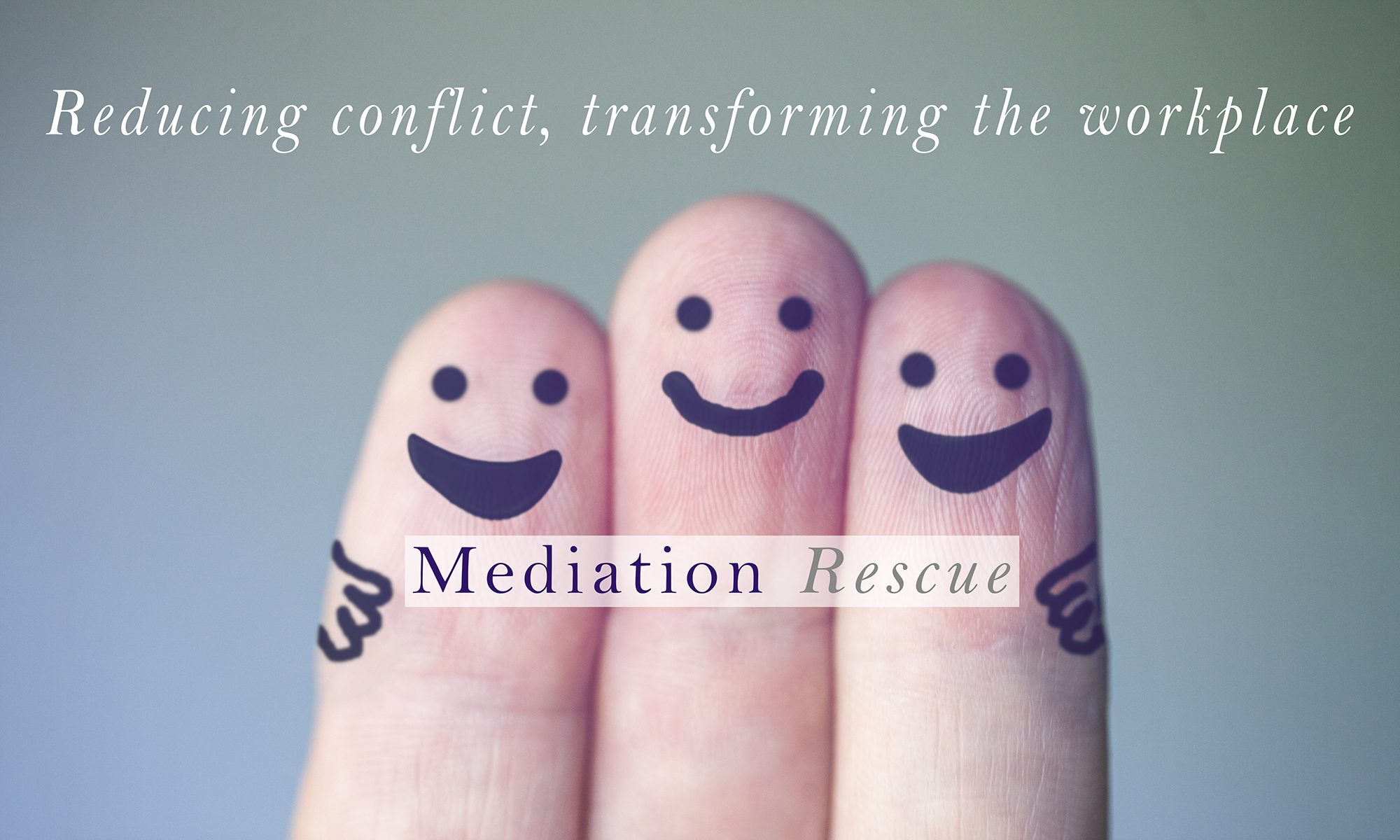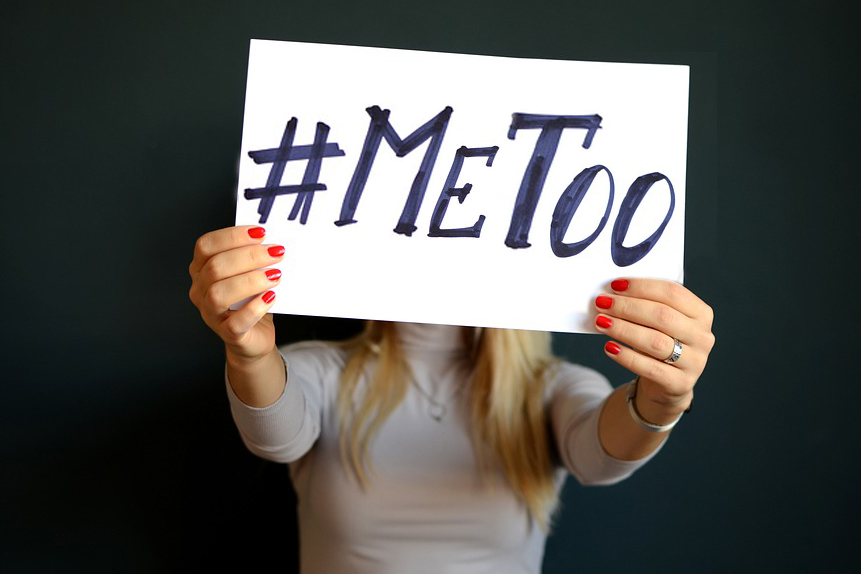According to an article by Georgia Snow in The Stage, looking at the impact of #MeToo and Time’s Up, a poll of theatre organisations has revealed that 84% of responding organisations had updated their harassment and bullying procedures in the past year since the Harvey Weinstein scandal hit the headlines. However, a slightly more concerning statistic is that 78% of respondents reported no overall increase in the number of grievances in the same period. Although 11% reported an increase in grievances, the other 11% reported a fall in grievances.
One of the key and most worrying features of the Harvey Weinstein and other related sexual harassment and bullying stories that have become public in the last 12 months is the reluctance of the victims to report what has happened to them. Although this is not something that is peculiar to the film and theatre industry, it is undoubtedly the case that many young actors are extremely concerned about the risks of reporting this sort of behaviour in an industry that depends so heavily upon reputation and where a comparatively small number of people wield considerable influence over the careers of up and coming performers.
A previous study published by The Stage in January 2018 revealed that over 40% of industry professionals reported that they had been bullied and one in three had experienced some form of sexual harassment. Also the media and entertainment union BECTU revealed in June 2018 that in a survey with over 7000 responses conducted by Prospect (of which BECTU is a part) showed that 35% of women respondents had experienced sexual harassment and the figure rose to 62% amongst younger women.
Neither of these polls reveal clear evidence as to whether the hugely increased awareness of the problem is having any or any significant impact upon the prevalence of bullying and harassment. There does seem to be some anecdotal evidence to suggest that attitudes are changing and that the issue is being more openly discussed, however, the high numbers of people reporting incidents in anonymous polls suggests that there is still a real issue both with the number of incidents and with the effectiveness of grievance processes (in particular) to resolve issues. This is raises a question as to the effectiveness of re-writing policies and procedures if there is a reluctance to use formal procedures.
Another interesting feature of the way in which the problem has been approached is the comparative lack of reference to the use of mediation. Of course, there is good reason for being suspicious of any process that allows perpetrators to have matters resolved in confidence as this may allow poor behaviour to be concealed and therefore risk repetition. However, if there actually is a real reluctance on the part of victims to raise grievances or to use formal procedures because of fear of repercussions or reprisals not just from the perpetrator, but from others within the industry, perhaps there is a very real role for mediation.
Many victims of bullying and harassment do not actively seek punishment of the perpetrator as the principal outcome, they tend to be much more interested in ensuring that the behaviour stops and is not repeated. Mediation can provide a safe and secure environment in which bullying and harassing behaviour can be addressed. It certainly is not an easy option for an alleged perpetrator who will have to address their own behaviour and be forced to confront their own shortcomings. Although mediation allows the perpetrator to be cloaked by confidentiality, the victim will often perceive that confidentiality is equally important for them, especially in an industry where reputation is so critical.
Mediation is also particularly useful if poor or inappropriate behaviour can be addressed early, before it turns into a more serious form of bullying or harassment. The high success rates in addressing working relationship issues through mediation, suggest that mediation can be used to bring about modification of inappropriate behaviour and can lead to sustained changes which will prevent relationships from being fractured or further damaged.

